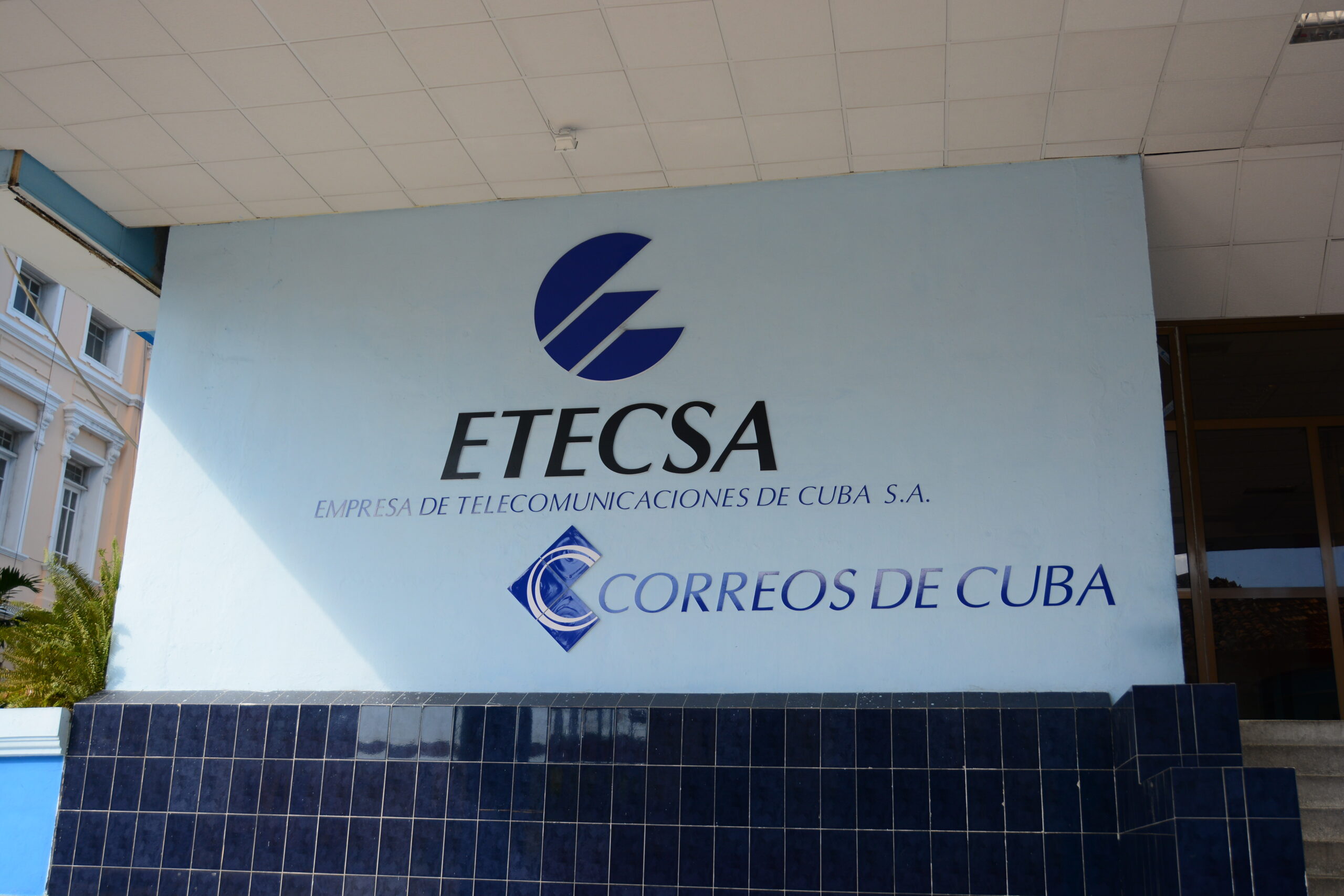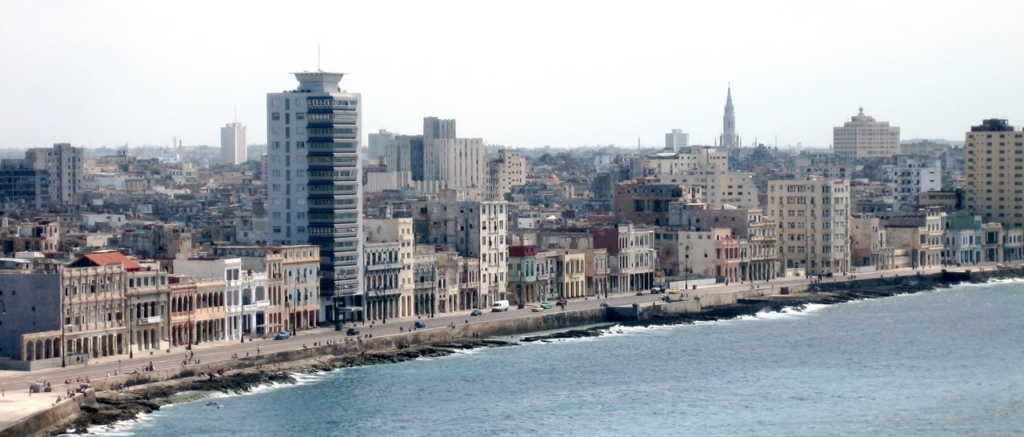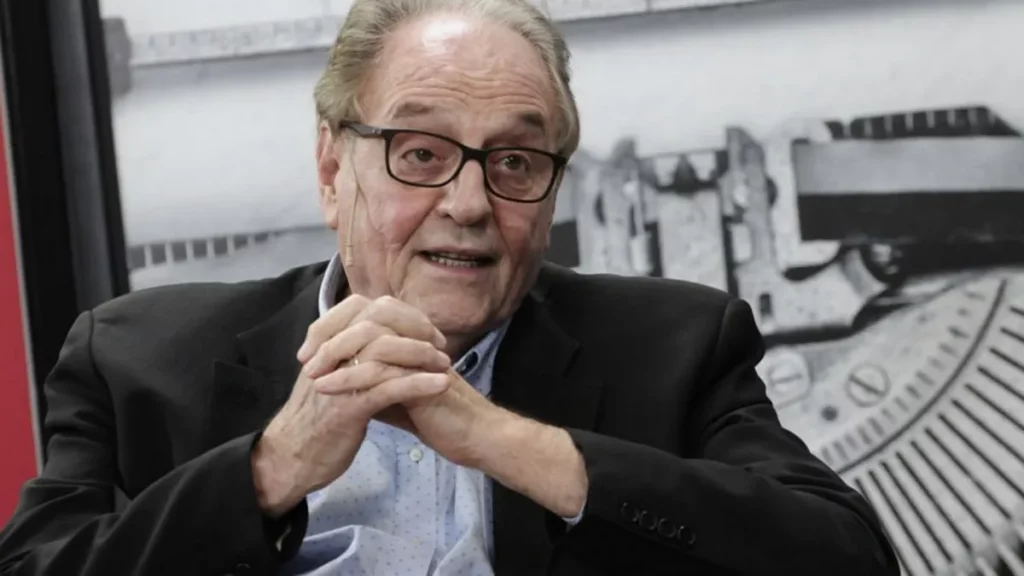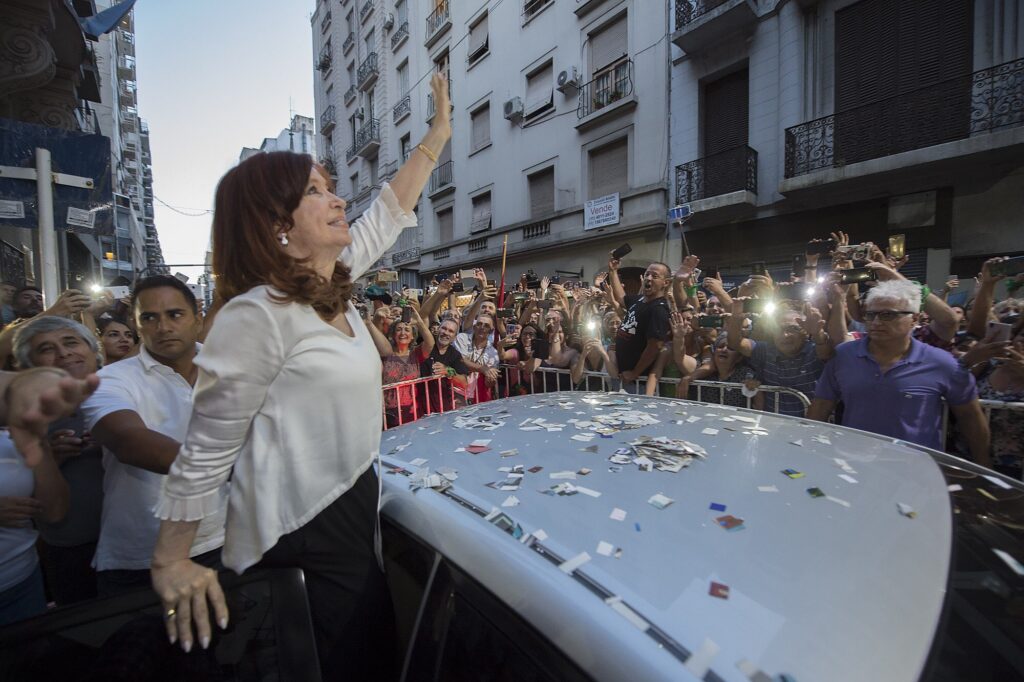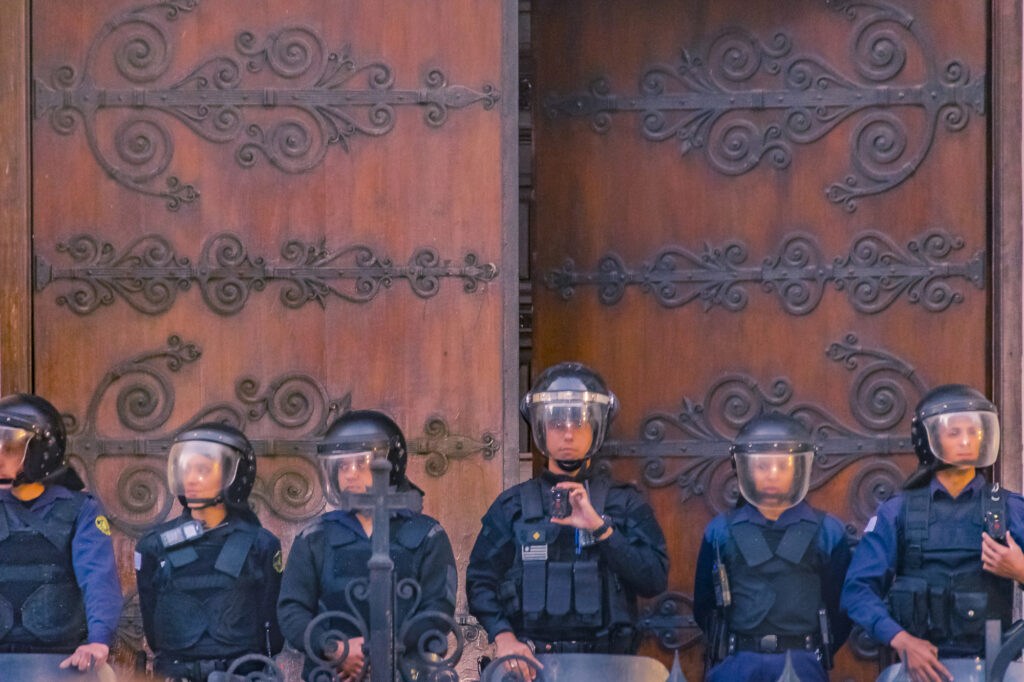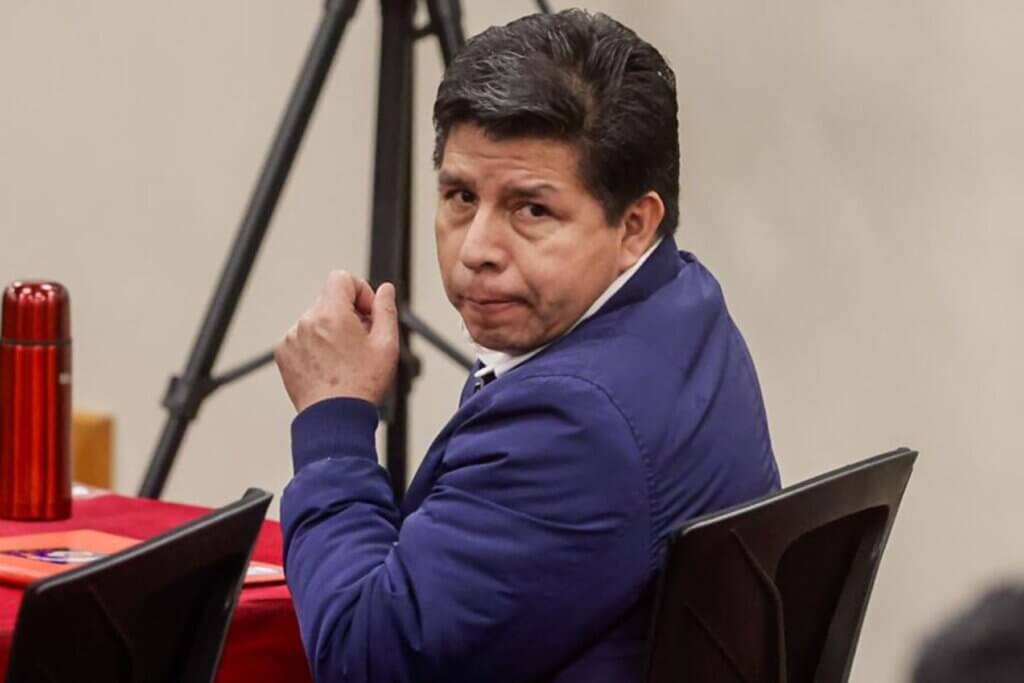The Cuban Telecommunications Company (ETECSA) announced a significant increase in its data prices on May 30, 2025, a move that has provoked nationwide student protests and strikes.
Although the state-owned company pledged customers 6GB a month at a subsidised rate of 360 Cuban pesos ($1 USD in Cuba’s informal market), the company increased the price of data top-ups significantly. The purchase of a top-up of 3GB, for example, would cost 3,360 pesos ($9 USD) under the new system.
The average Cuban uses approximately 10GB of data per month, meaning this new policy would greatly restrict the average citizen’s access to the internet. Given that the average Cuban monthly salary equals $16 USD, as signalled by Cuban digital newspaper Havana Times, most Cubans will now have to spend their monthly wages on maintaining internet connectivity.
At the beginning of 2024 there were approximately 8.19 million internet users in Cuba, which equals roughly 73.2% of the population. The expansion of internet access and social media use in the country since the legalisation of the purchase of private computers in 2008 – and that of the possession of private Wi-Fi in 2019 – has been instrumental in facilitating connection between Cubans and the outside world. The internet, The Guardian reports, has become “the route by which much of the population hears news, buys necessities, runs small businesses and communicates with relatives abroad.”
ETECSA also announced measures that would accelerate the dollarisation of internet access on the island, such as various data packages that would be available for purchase in USD. The new policy would offer packages as large as 16GB for $35 USD, for instance.
The move is consistent with the increased use of dollars in other sectors of the economy as the cash-poor Cuban Government seeks to increase its access to hard foreign currency.
In December 2024, the Cuban Government stated that it would officially permit the circulation of dollars in certain sectors of the Cuban economy, such as wholesale and retail sales and foreign trade services.
This process of official partial dollarisation has already begun in earnest: Cibercuba, a Cuban digital media outlet and online newspaper founded by Cuban expatriates, reports that over 80 Cuban stores now operate exclusively in dollars, putting their products out of the price range of most Cubans, who earn in the local currency.
The cumulative effect of the partial dollarisation of the Cuban economy is an exacerbation of economic inequality between Cubans with access to dollars – many Cubans receive remittances in dollars from family members abroad or have access to foreign currency through the tourism industry – and Cubans who live off their peso-based state salaries.
However, where the dollarisation of retail led to some quiet dissatisfaction, the dollarisation of internet access and the general hike in data prices have caused uproar. The ETECSA announcement was met with an exceptionally rare anti-governmental student mobilisation as university students countrywide organised a boycott of classes.
Most remarkably, various faculties of the Cuban University Student Federation (FEU), a traditionally vociferously pro-government organisation, publicly announced their rejection of the reform. Six such faculties at the University of Havana denounced the ETECSA measure, citing its restriction of “the fundamental right to information, education and communication, essential pillars for the academic and personal development of students.”
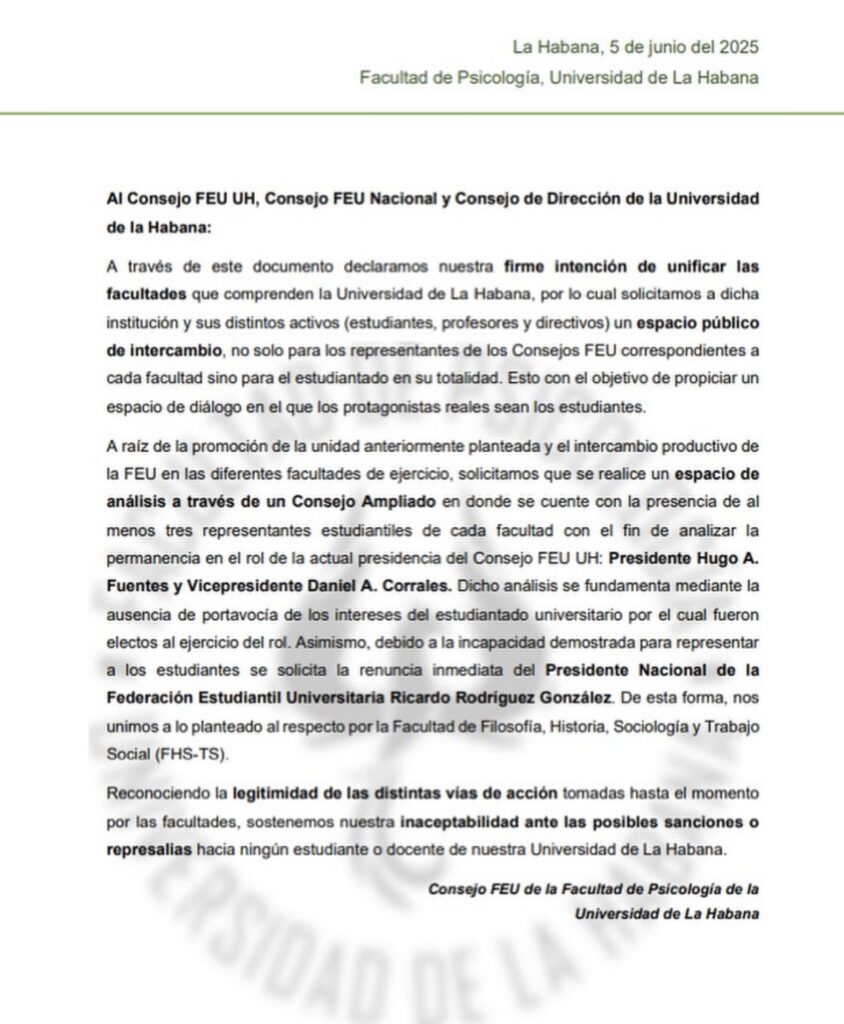
Image Source: https://www.instagram.com/psicologia.uh/
The student leaders at the Faculty of Mathematics and Computer Science at the University of Havana even publicly called for students to boycott their classes. The protests were not restricted to universities in the capital, however. Students at the Faculty of Law of the University of Holguín also formally presented a petition to ETECSA that rejected the policy and decried it as “exclusivist, classist and contrary to the law”.
The mobilisation proved politically effective, as it forced the government into a rare public acknowledgement of criticism. For one, Cuban President Miguel Díaz-Canel shared that he recognised that “justifiable criticisms … [had] been levelled at the centre of the Party, the Government, and also the Ministry of Communications and ETECSA,” through X, although he hastily added that ‘counterrevolutionary platforms’ had capitalised on the criticism to ‘coordinate a … campaign of … slander that has sought to involve… our beloved students [in their counterrevolutionary ‘sabotage’]”.
The protest even enjoyed limited pragmatic success. ETECSA announced, in the wake of this widespread dissatisfaction, that they would offer data plans at discounted prices for students, an additional 6GB of data at a subsidised rate of 60 pesos per GB.
These concessions seemed to have placated the leadership of the FEU. FEU President Ricardo Rodríguez González was quick to blame external actors and “enemies of the revolution” for allegedly manipulating student protests to misrepresent legitimate concerns of Cuban university students as widespread counterrevolutionary sentiment.
Rodríguez González then appeared to endorse ETECSA’s policy, or its official justification at the very least. During an episode of the presidential podcast Desde la Presidencia, President Díaz-Canel reaffirmed that the price hike would be implemented, as not doing so “would mean giving up on revenue to maintain the service.”
In a subsequent social media post, Rodríguez González praised Díaz-Canel’s “clear” comments, and claimed that the “necessity of implementing the measure was explained.” The FEU’s revised stance was then further cemented during televised talks between representatives of the FEU, ETECSA, the government and the Cuban Communist Party.
During these talks Luis Yoel González, Vice President of the FEU at the University of Pedagogical Sciences, publicly expressed gratitude for the talks and encouraged students’ understanding of the necessity of the price hike.
However, many in the FEU rank and file fiercely disapprove of the leadership’s conciliatory position. The FEU representatives of the Faculty of Biology at the University of Havana published a statement on social media which stated that Rodríguez González “does not accurately represent our opinions or reflect the voice of our student community.’ In addition, thousands of Cuban students expressed their anger towards their nominal representative in government on social media outlets critical of Rodríguez González’s support of the ETECSA measures, such as Cibercuba.
Despite the continued anger amongst many students towards ETECSA’s measures, the strikes themselves have largely abated. The Faculty of Mathematics and Computer Science called off their student and teacher strike on June 9, five days after initial protest calls. 51% of their student body voted to return to classes, although various students and professors who supported the strike have reportedly received threats from the police about their involvement, as have their family members. The strikes, for the moment, have stopped.
However, discontent remains. One student from the Faculty of Arts and Letters, who preferred to remain anonymous, criticised the ETECSA policy while in conversation with Latin America Reports as “a restriction and violation of individual and collective liberty and the latest of an interminable list of measures that are drowning Cubans.”
Similarly, Andy Martínez González, a 27-year-old former student of the Faculty of History at the University of Havana, told Latin America Reports that ETECSA’s measures are contrary “to all sorts of civil liberties,” arguing that they “greatly reduce access to information in a country increasingly mired in despair because of government inefficiency.”
This protest is unprecedented in modern Cuban history in that it has publicised an institutional fissure in Cuban political society. Previous Cuban protests, such as the 1994 Maleconazo, the anti-government protests of 2021 and the brief Santiago de Cuba protests of 2024 have lacked central leadership and have been characterised by outlets such as CNN, Miami Herald and Amnesty International as spontaneous popular manifestations against acutely felt economic shortages.
However, this most recent protest against the ETECSA measures has caused public disunity- though short-lived and limited- within the very apparatus of the Cuban state, which had previously been united in its suppression of dissent.
When anti-government protests erupted in Cuba on July 11, 2021, the FEU, on July 12, released a statement that unequivocally backed the revolutionary government and echoed President Díaz-Canel’s proclamation that “the streets belong to the revolutionaries”.
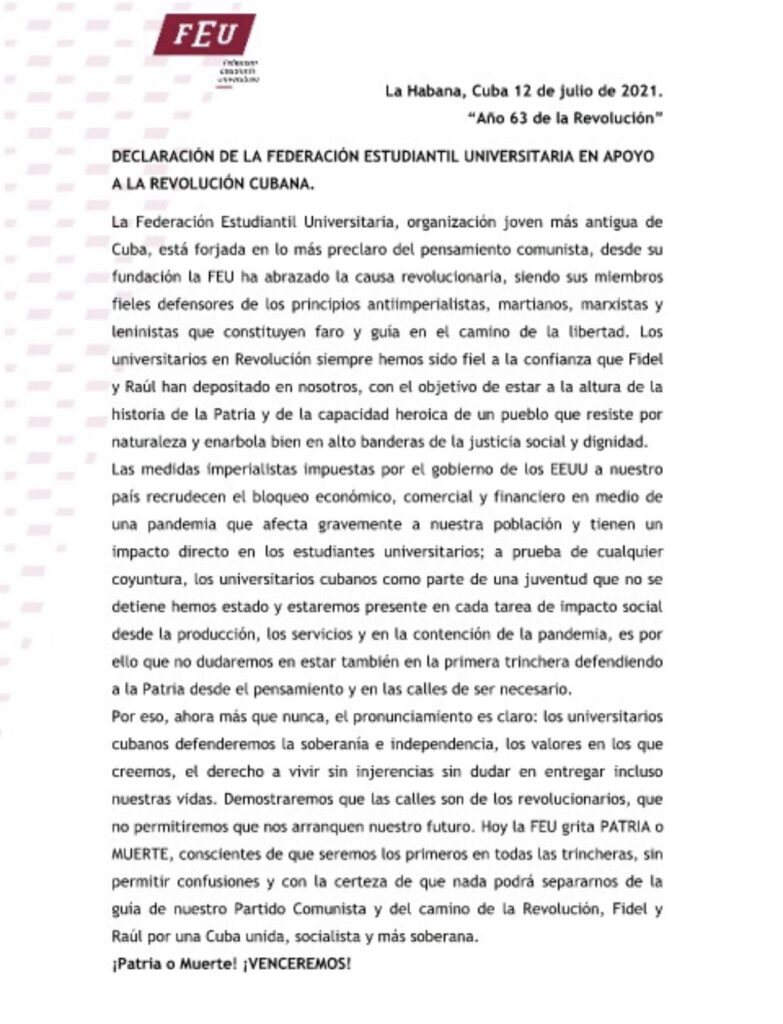
Image Source https://www.facebook.com/FeuCuba/
The FEU was instrumental in mobilising students to support the Cuban Revolution in 1959 and has since been a staunch adherent to the official narrative. It is the oldest national youth organisation in Cuba and regularly organises events to commemorate the revolution and extol its principles, heroes and present political application.
It is also closely affiliated with various of Cuba’s most consequential political organisations, such as the UJC (Unión de Jóvenes Comunistas), the Communist Party of Cuba (PCC) and the government itself. In fact, President Díaz-Canel, like his Castro predecessors, often attends the annual congresses that the federation organises to commemorate its founding and revolutionary role.
Dwindling internet access is therefore likely to be added to the growing list of problems faced by the Cuban citizen, who must also contend with high rates of inflation, constant power outages, and shortages of myriad consumer products.
The FEU’s public deviation from the official narrative, however momentary, as well as the continued public strife between various local chapters of the FEU and its leadership indicate the widespread and growing frustration at this cycle of constant shortages and price increases that now affect most areas of Cuban daily life.
Featured Image: ETECSA offices in Santiago de Cuba.
Image Credit: https://commons.wikimedia.org/wiki/File:ETECSA_en_Santiago_de_Cuba.jpg


